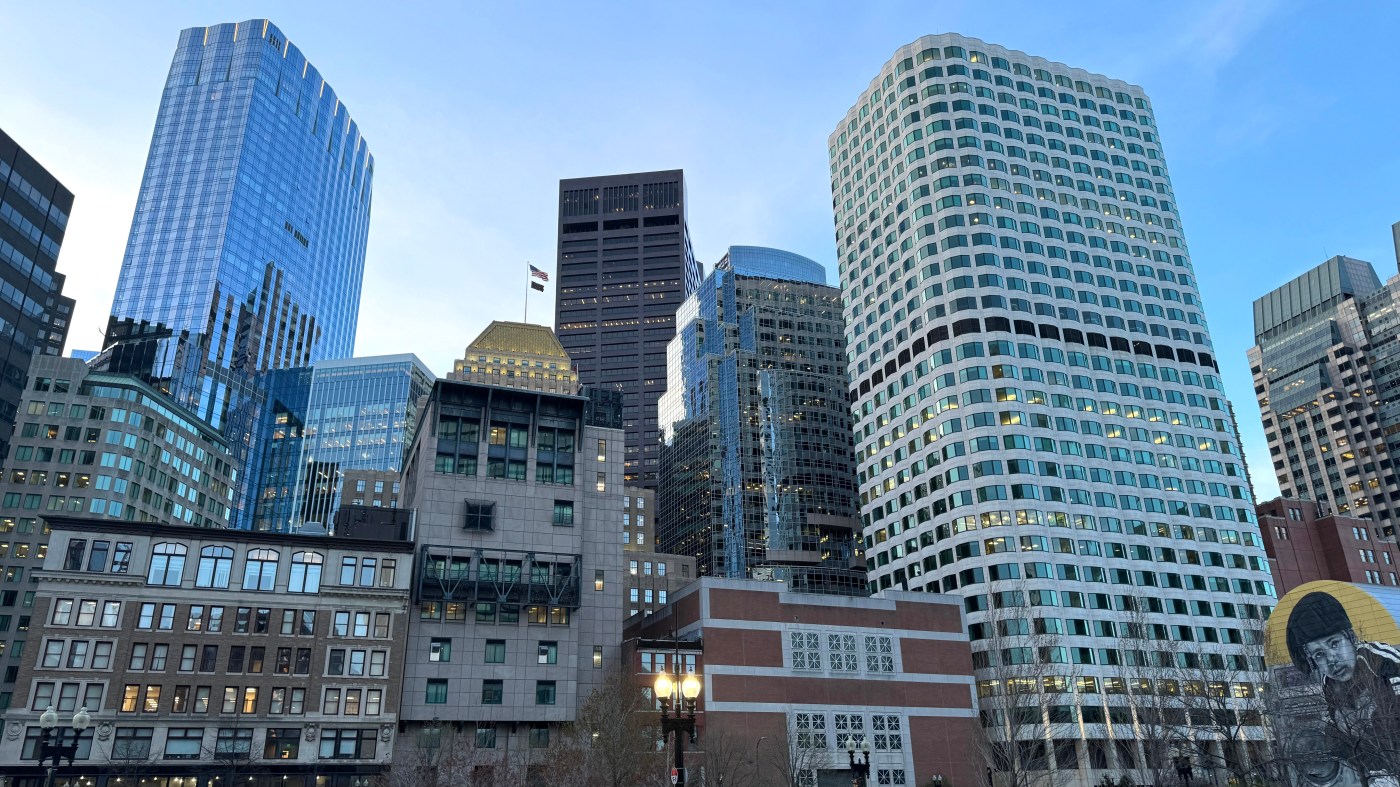
Massachusetts ranked among worst states for business as Boston pushes for higher taxes
Boston business leaders continued to pound away at the mayor’s plan to raise commercial tax rates on the heels of a new report that ranks Massachusetts among the worst states to do business in the country.
A report released Thursday by CNBC, “America’s Top States for Business 2024” has Massachusetts at No. 38, representing a freefall from last year when it landed among the best states to do business, at No. 15.
According to CNBC, the rankings were determined by scoring all 50 states on 128 metrics in 10 broad categories of competitiveness, in consultation with a diverse array of business and policy experts, and the states.
While Massachusetts ranked 38th overall, it narrowly missed a dead-last ranking in the country for the cost of doing business, at No. 49. It ranked near the bottom for its economy and business-friendliness, at No. 40, and worse for infrastructure, coming in at 44th place in the country, the report said.
“As a city and a state that seeks to win championships, that is not where we want to be,” James Rooney, president and CEO of the Greater Boston Chamber of Commerce said at a forum hosted by his organization on Thursday.
“We need to find the ability to climb up,” he added.
While held on the same day CNBC chose to release its 2024 competitiveness rankings, the day’s forum was largely centered around a different report, released in late June by the Massachusetts Taxpayers Foundation, that honed in on the post-pandemic challenges facing the city’s downtown real estate market.
The MTF report found that Boston is losing population faster than anywhere else in the state, and is experiencing “historically high” office building vacancies.
It also noted that Boston is projected to have one of the highest declines in office value, relative to comparable cities, with commercial buildings selling for much less than what they were purchased at. Downtown is experiencing the brunt of the city’s economic struggles, the report states.
Related Articles
Boston announces health initiative, $10M grant to improve life expectancy
Boston City Council exploring birth control to curb randy rats
Boston City Council, Wu administration at odds over push to exempt small businesses from commercial tax hike plan
Howie Carr: Big bucks pensions Boston’s (costly) legacy
New Boston poll is pitting Josh Kraft against Mayor Michelle Wu in 2025 election
The day’s speakers, composed of leaders from the business sector and fiscal watchdogs, honed in on data from both that report and the latest competitiveness rankings to bash a plan proposed by Boston Mayor Michelle Wu, who is seeking legislative approval to tax businesses beyond the state limit for four years.
The city’s tax classification bill seeks to blunt the impact of what the mayor says could be a 33% increase in residential taxes brought on by declining commercial values next year, by shifting more of the tax burden to businesses.
“I think it’s a very bad idea,” said Tamara Small, CEO of NAIOP Massachusetts.
Building owners are struggling and operating costs have gone up, she said, which is putting “downward pressure” on rents.
“To further tax something that is struggling does not seem like good policy,” Small said. “Boston drives the rest of our Commonwealth, and so if we’re seeing increased costs for tenants in these buildings as a result of this change in tax classification, those employers, those tenants, they can go elsewhere.”


